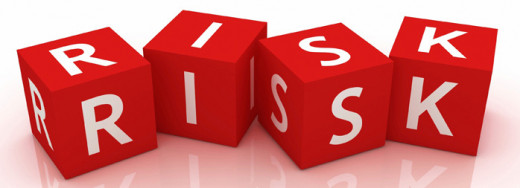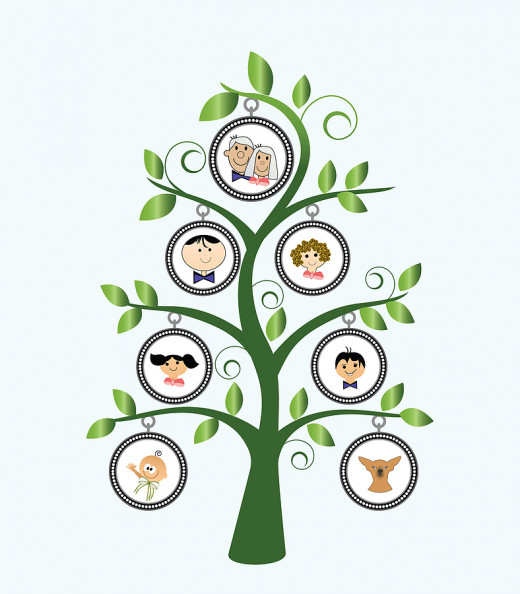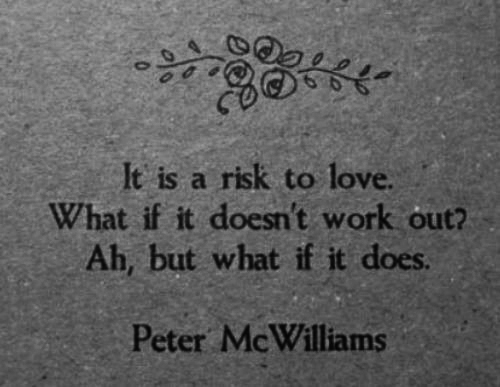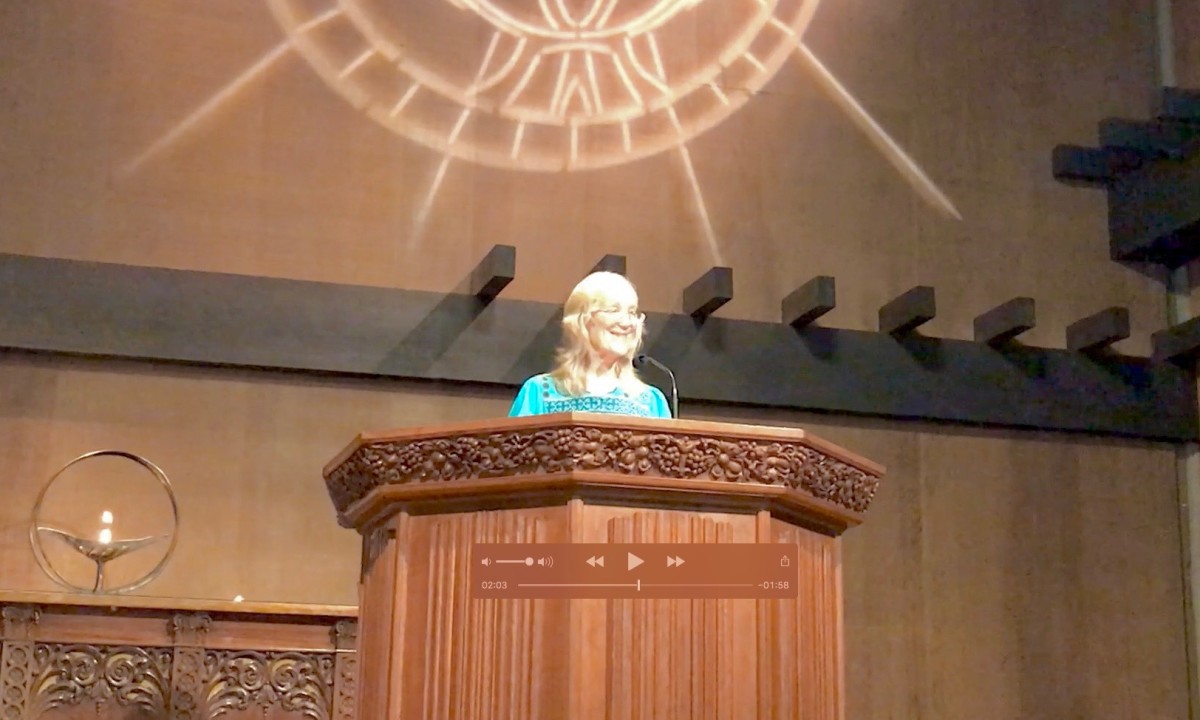Risk and Return in Life - A Guide to Managing Risks in Everyday Life

Introduction...
Many things in life are so simple that we tend to overlook them very easily. One such concept is the risk and return in life. Before we get to what risk and return is, let us get an idea of what the two terms mean separately.
Risk
Risk, formally, means the tendency to receive a negative result or outcome from an activity. In more simple words, risk is could mean 'what could go wrong if we decide on one activity rather than the other'. No need of formal definitions, I think we all have a pretty good sense of what a risk is. The key thing is that a risk essentially has to produce a negative outcome.
Return
Return is some kind of benefit we receive for undertaking an activity. The return could be a monetary or a non-monetary compensation. The return could be instant or long term.

Taking risks in life...
Risk and Return in Life...
Probably you have heard the term "Risk and return" more frequently in the business world than in everyday life. Well, it is true. But through this hub, I am trying to integrate the same concepts to our everyday life to shed some light into better decision making in our lives.
Risk and Return in a business context means that before making a business decision (specially for investments) the Board o Directors should assess the risks they are about to undertake and evaluate the probably return from the investment. If the returns are higher than the risk they undertake, the decision gets a green light and if the returns are lesser than the risks they undertake, it's a red light. But there are many more factors to be considered as well.
Taking the same concept into our lives, we can see how risk and return could help make better decisions. In the business context, the risks and returns were essentially measured in monetary terms. But in the social context, the risks and returns could be evaluated on a value scale.
Let us evaluate some scenarios. Think about school life. Our parents chose a school for us and we learnt there. Our parents made a decision to provide us education and decided to choose that school. There may be different problems with each school, starting with bullies, terrible teachers, terrible food etc etc. Those are the risks of the decision they made. Existence of those risks does not guarantee that we will face all of the risks. There is rather a 'chance' or a probability of facing the risks. If we are careful enough we can avoid bullies. Taking home made lunch, we can avoid the terrible food served and avoid the risk of catching some disease. These are attempts to minimize the risk. Nothing will guarantee you that anything you attempt will 'eliminate' the risk. On the other hand if we manage these risks to some extent and cope up with the years of schooling we can get the benefit of the decision we made way back. The benefits would be knowledge, an employment opportunity, a successful life etc. Now that we have an understanding of what the risks and returns of the decision are, we can evaluate the two on a scale. Now, the example I have taken is education which basically the most important thing in anybody's life and analysis of risks and returns would be pretty null and void, but for the sake of analysis it would be as follows. For analysis the risks and returns of a decision could be put on either sides of a mental scale. In education, all the risks mentioned above and more would not account for a weight of a feather when measured against the benefits of education. Let us say if all the risks weigh a feather, the returns would weigh a ton. That is how much education is important to us. Mark Zuckerberg may be a Harvard dropout and the youngest billionaire in the world, but he did go through his schooling years.
The same principles apply to when you analyse any decision you make in life. Always give a high weightage to matters when it comes to family, society and people. Because we cannot live without the help of others. People are the most valuable asset you can earn.










